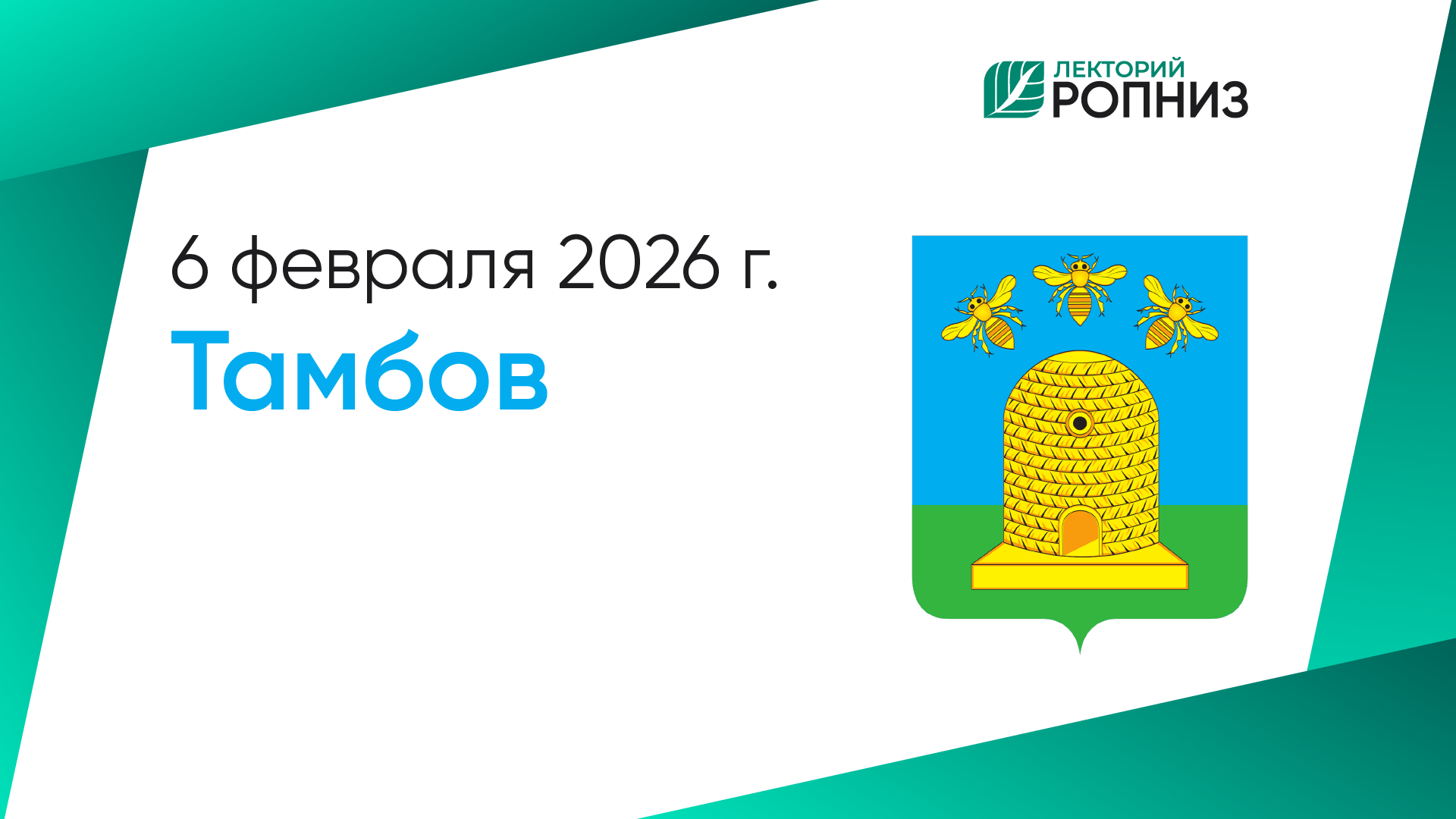Theoretical and methodological foundations for the training of physicians, internists, general practitioners (family doctors)
https://doi.org/10.15829/1728-8800-20254392
EDN: XMDOJU
Abstract
The current stage of Russian healthcare development is characterized by the progressive integration of various labor functions of primary care physicians with increasing intensity of professional activity. The solution to this problem should be under the banner of increasing the effectiveness of medical education and, above all, the training of physicians, internists, general practitioners (family doctors). The problem of determining the most effective methodological approaches to the management of training doctors is relevant.
The aim of the study is to determine the theoretical and methodological foundations for training primary care doctors in a single educational space. The functioning of a unified educational space system is of crucial importance in the training of medical practitioners, internists and general practitioners (family doctors), which allows preserving the best traditions of the therapeutic school in the country and developing it in the future.
About the Authors
S. Yu. AstaninaРоссия
Moscow
R. N. Shepel
Россия
Moscow
O. M. Drapkina
Россия
Moscow
References
1. Gershunsky BS. Philosophy of education for the 21st century. Moscow: Publishing house "Perfection", 1998. 608 p. (In Russ.)
2. Akaev AA. Epochal discoveries of Nikolai Kondratiev and their place in modern economics. Alter Economics. 2022;19(1):11-39. (In Russ.) doi:10.31063/AlterEconomics/2022.19-1.2.
3. Belyaeva AP. Integrative-modular pedagogical system of professional education. St. Petersburg: Radom: RAO IPTO. 1997. 225 p. (In Russ.) Беляева А. П. Интегративно-модульная педагогическая система профессионального образования. СПб.: Радом: РАО ИПТО. 1997. 225 с.
4. Kedrov BM. Classification of sciences. In 3 books. Moscow: Publishing House of the Higher School of Economics and AON, 19611985. (In Russ.)
5. Kasyan AA. The image of science in the philosophical views of A. I. Herzen. Nizhny Novgorod education. 2016;(1):142-9. (In Russ.)
6. Maimulov VG, Limin BV, Karlova TV, et al. A system of measures to prevent and reduce the occurrence of environmentally dependent diseases. Hygiene and sanitation. 2007;6:14-7. (In Russ.)
7. Orazalinova FM. The role of environmental factors in the formation of morbidity levels in children and adults in Zhezkazgan. Occupational hygiene and medical ecology. 2011;(1):56-63. (In Russ.)
8. Artamonova GV, Shapovalova EB, Maksimov SA, et al. The environment as a risk factor for coronary heart disease in an urbanized region with a developed chemical industry. Cardiologiia. 2012; (10):86-90. (In Russ.)
9. Smirnova IO, Zhelonkina AO, Zhelonkin AR, et al. Exposome factors in the pathogenesis of acne. Medical advice. 2022;(3):63-8. (In Russ.) doi:10.21518/2079-701X-2022-16-3-63-68.
10. Andreeva ND. The system of ecological and pedagogical education of biology students at a pedagogical university: Monograph. St. Petersburg: Ed.A.I. Herzen Russian State Pedagogical University, 2000. 112 p. (In Russ.)
11. Drapkina OM, Astanina SYu, Shepel RN. A unified educational space for medical practitioners, internists and general practitioners (family doctors) is the way to improve the quality of specialist training. Cardiovascular Therapy and Prevention. 2024;23(2S): 4152. (In Russ.) doi:10.15829/1728-8800-2024-4152. EDN DMONRD.
12. Pisareva SA, Tryapitsyna AP. Methodological aspects of the transition to a new organization of the educational process. A new series. The Acmeology of Education series. Psychology of development. 2020;9(3):281-8. (In Russ.) doi:10.18500/2304-9790-2020-9-3-281-288.
13. Astanina SYu. Types and types of educational and professional tasks in the fundamental training of doctors. Samara Scientific Bulletin. 2018;7(4):293-9. (In Russ.) doi:10.17816/snv201874302.
14. Astanina SYu, Shepel RN, Kuznetsova OYu, et al. Prioritization of competencies of general practitioners (family doctors) Russian Federation: justification and protocol of the study. Cardiovascular Therapy and Prevention. 2023;22(3S):3859. (In Russ.) doi:10.15829/1728-8800-20233859. EDN YQYHMC.
15. Abankina IV, Belikov AA, Gaponova OS, et al. Global competitiveness of Russian education. Materials for discussion. Modern education analytics. 2018;(3):78. (In Russ.)
16. Batrakova IS, Tryapitsyn AV. Social technologies in the competence-based educational process of a modern pedagogical university. A. I. Herzen Izvestiya RSPU. 2019;(193). (In Russ.)
17. Junge H, Poppleton A, Sun S, et al. What competencies do European interns value most? A prioritization exercise using a Delphibased approach. Education for Primary Care. 2023;34(4):192-8. (In Russ.) doi:10.1080/14739879.2023.2222718.
18. Zeer E. Competence-based approach to the modernization of vocational education. Higher education in Russia. 2005;(4):23-30. (In Russ.)
19. Drapkina OM, Astanina SYu, Shepel RN, et al. The results of the study of the priority of competencies in the professional activities of general practitioners (family doctors). Cardiovascular Therapy and Prevention. 2024;23(2S):4153. (In Russ.) doi:10.15829/1728-8800-2024-4153. EDN TFIVLU.
Review
For citations:
Astanina S.Yu., Shepel R.N., Drapkina O.M. Theoretical and methodological foundations for the training of physicians, internists, general practitioners (family doctors). Cardiovascular Therapy and Prevention. 2025;24(1S):4392. (In Russ.) https://doi.org/10.15829/1728-8800-20254392. EDN: XMDOJU
JATS XML

























































